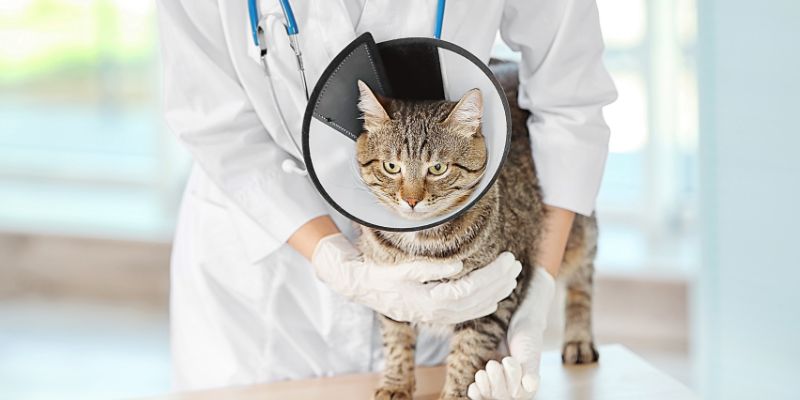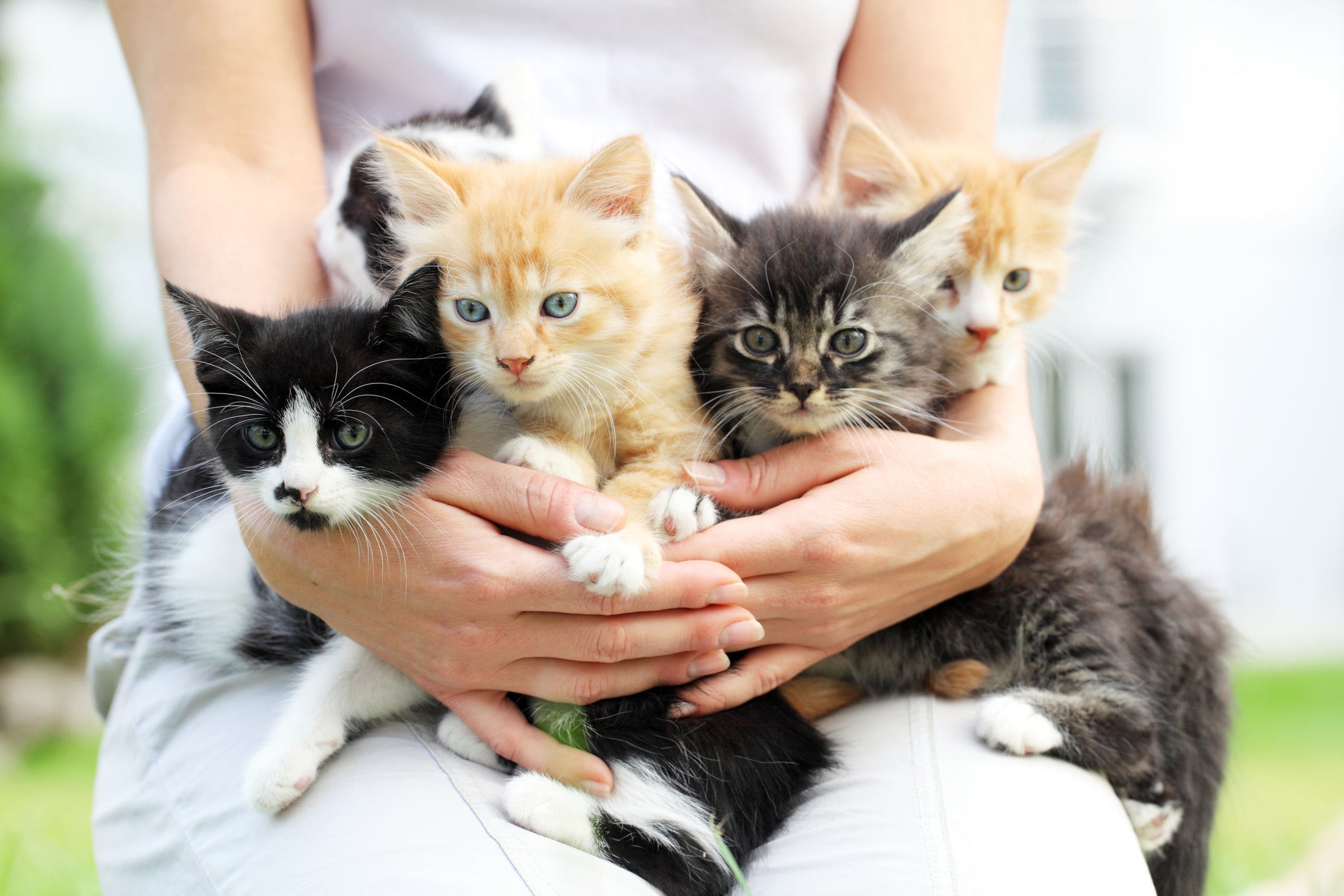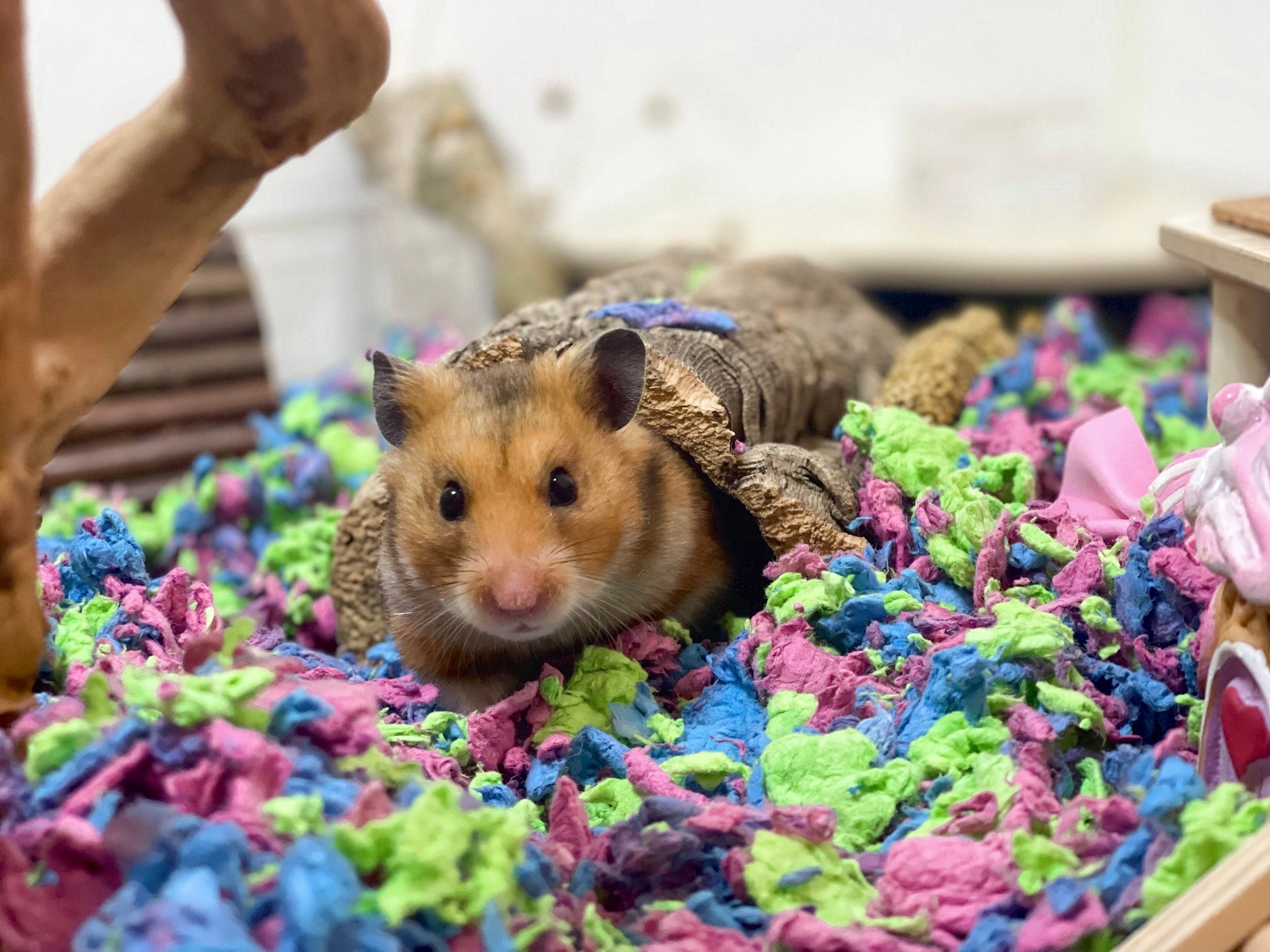
Expert Vet Tips on How to Care for Your Cat After Spaying or Neutering
As a cat parent, it's important to understand the importance of spaying or neutering your feline friend. Not only does it prevent unwanted litters, but it also offers numerous health benefits for your pet. However, after the surgery, your cat will require extra care and attention to ensure a speedy recovery. Below are some tips on how to care for your cat after they have had surgery:
1. Provide a comfortable and quiet space for your cat:
After undergoing surgery, your cat will need a quiet and peaceful place to rest and recover. Provide a cozy bed, plenty of blankets, and a space away from any loud noises or disturbances.
2. Monitor your cat's appetite:
Post-surgery, your cat may experience a decreased appetite due to pain or discomfort. Offer your cat small amounts of their favorite food and monitor their eating habits closely. If you notice a significant decrease in appetite or no eating at all, contact your veterinarian immediately.
3. Keep your cat hydrated:
Encourage your cat to drink plenty of water to prevent dehydration. You can also add wet food to their diet to increase their fluid intake.

4. Keep the incision sites clean:
The incision site or sites (if your cat is a male, they will have two small incisions) are susceptible to infection, so it's essential to keep them clean and dry. Check the area daily and make sure there's no redness, swelling, or discharge. In addition, change your cat’s litter to dust-free formulation, like ökocat’s dust free non-clumping paper pellet cat litter. Litter dust or clumping litter can stick to your cat’s surgical incisions and cause an infection. If you have any concerns, contact your veterinarian.
5. Prevent your cat from licking their wound(s):
Your cat may want to lick or chew the incision sites (they can be itchy), which can lead to infection or delayed healing. Use an E-collar to prevent your cat from accessing the area. If your cat won’t tolerate an e-collar speak with your veterinarian about other options to prevent them from licking their incision(s).
6. Limit physical activity:
Following the surgery, your cat will need to rest and avoid any strenuous activity to assist with healing. Make sure your cat has limited movement and doesn't jump, run or play too much. If their food is normally on a counter, move it down on the floor so they don’t have to jump.

7. Administer medication as directed:
Your veterinarian will provide medication to help manage your cat's pain and discomfort. Follow the instructions carefully and give medication at the specified times.
In conclusion, caring for your cat after he or she is spayed or neutered is essential to ensure a successful recovery. Keep a close eye on your cat's behavior and contact your veterinarian if you notice any concerning symptoms. By following these tips, you can help your feline friend return to her playful and lively self in no time!








